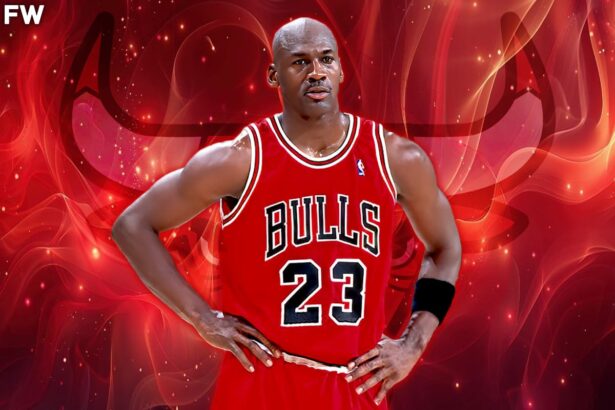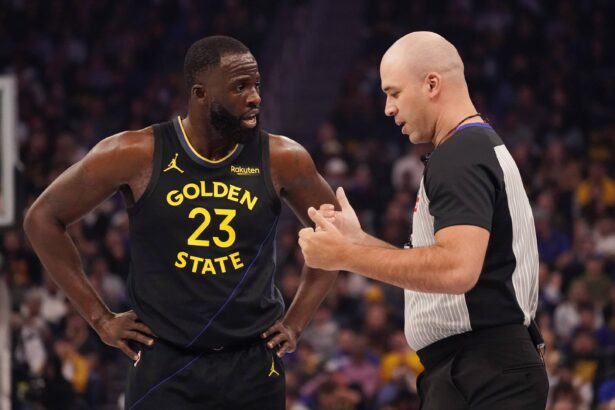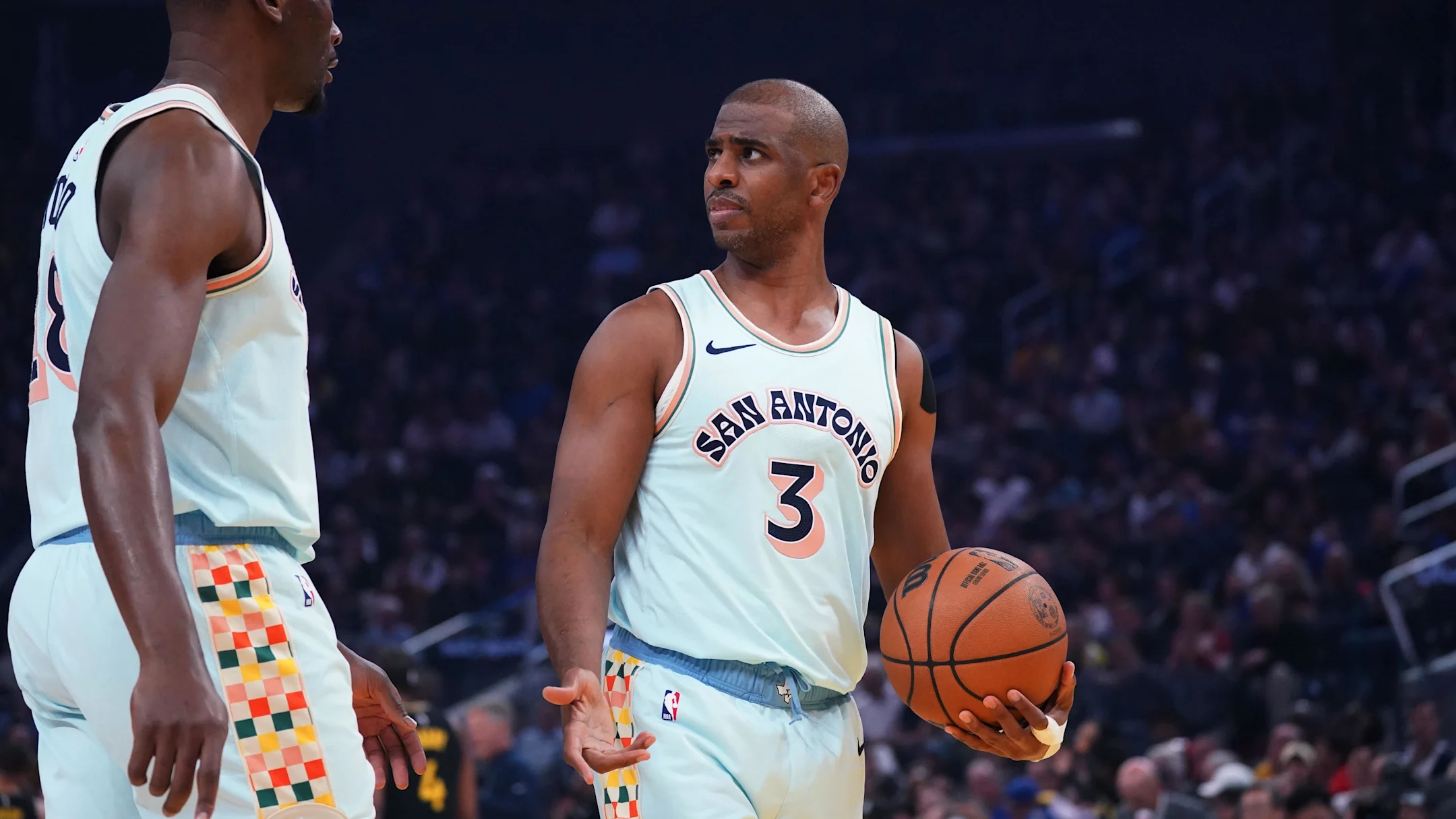Tim Duncan was known across the NBA as one of the classiest players to ever step on the court. He never trash-talked, never celebrated loudly, and rarely even reacted when he hit game-winners. But according to Enes Kanter, that calm and friendly demeanor hid one of the most subtle and effective psychological tricks in basketball history, the art of reverse trash talk.
In a recent interview with Emmanuel Romanous, Kanter recalled his first encounter with Duncan during his rookie year with the Utah Jazz. It was supposed to be a dream moment for the 19-year-old, going head-to-head against one of the greatest power forwards of all time. But what started as admiration quickly turned into a hard lesson.
“So my first year in the league, I think it was one of those Spurs games, Al Jefferson got into foul trouble, and the coach put me in. And I’m like, as a rookie, I’m guarding Tim Duncan.”
“He was one of the nicest guys I ever met. During the game, while we’re playing, he’s like, ‘Hey man, good job. You’re the third overall pick, right? You’re from Turkey? How’s your family doing?’”
“And I’m like, wow, this is Tim Duncan, one of the greatest ever, just casually asking about my family in the middle of a game. Then I walk back to the bench, and Al Jefferson just grabs my jersey and goes, ‘Dude, what are you doing?’”
“I said, ‘What? I’m just having a conversation with the legend, Tim Duncan. He’s like, ‘Are you crazy? He’s softening you up! Look how much he’s got already!’”
“I looked up, man had like 35, 36 points. That’s when I realized, he was softening me up. It was reverse trash talk. Total mind game. You’re thinking he’s being nice, but he’s disarming you, making you relax. Then you look up and he’s already cooked you for 40.”
“As a rookie, you want to go hard, right? You want to elbow him, you want to block a shot, so you can brag, like, ‘Hey, I stopped Tim Duncan, but when he’s that nice to you, you’re like, ‘Man, he’s a legend. I can’t be too rough.”
“And that’s exactly when Al Jefferson just grabbed my jersey and said, ‘Never fall for that again.’”
For rookies like Kanter, who entered the league eager to prove themselves against stars, Duncan’s calm tone threw everything off. You couldn’t bring yourself to elbow or body up a guy who was complimenting your game mid-possession. That’s exactly what made Duncan so dangerous.
Tim Duncan’s greatness was built on fundamentals, intelligence, and poise. But as Kanter learned, it also included a silent assassin’s knack for mind games, a gentle word here, a soft compliment there, that lulled you right into defeat.




















